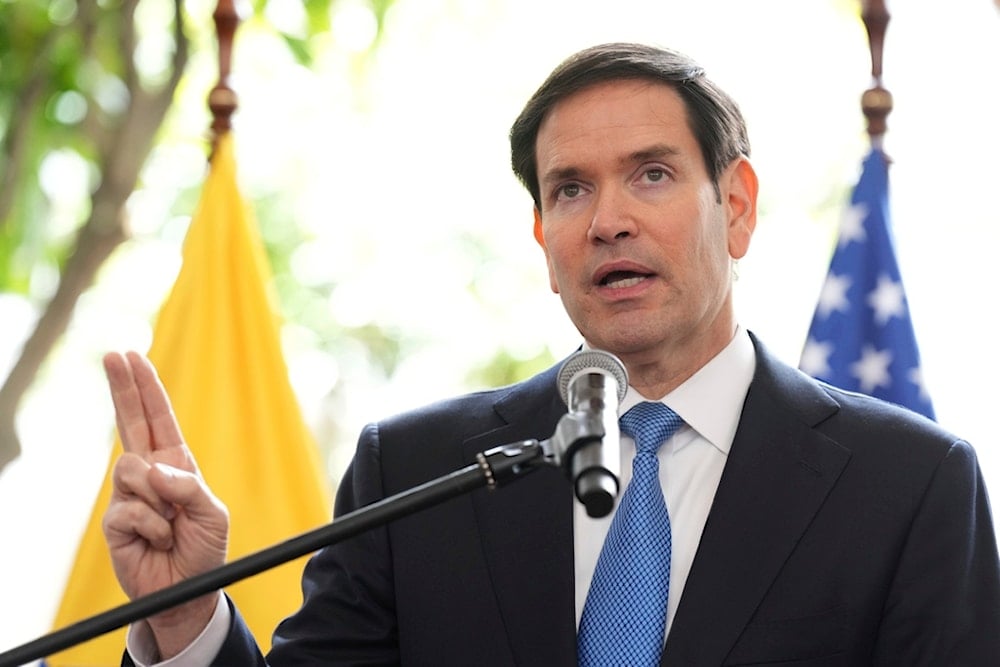Bill granting Rubio passport powers sparks free speech concerns
A bill introduced by Rep. Brian Mast would give the Secretary of State broad powers to revoke US passports on vague "terrorism support" grounds.
-

Secretary of State Marco Rubio speaks during a joint news conference with Ecuador's Foreign Minister Gabriela Sommerfeld at the Palacio de Carondelet, in Quito, Ecuador, Thursday, Sept. 4, 2025 (AP Photo/Jacquelyn Martin, Pool)
A recent bill introduced by Rep. Brian Mast, chair of the House Foreign Affairs Committee, has raised serious concerns among civil liberties advocates who warn it could pave the way for government overreach into free speech.
The legislation, which is scheduled for a hearing on Wednesday, would grant the Secretary of State sweeping authority to revoke or deny passports. Supporters frame the measure as a tool to block "terrorists and traffickers" from traveling abroad. Critics, however, argue the language is dangerously vague and could be wielded against US citizens for their political views rather than criminal acts.
Thought Policing
One section of the bill ties passport revocations to individuals convicted, or even merely charged, with providing "material support" for terrorism. Another clause allows the Secretary of State to strip passports from anyone they determine has "knowingly aided, assisted, abetted, or otherwise provided material support" to a group already designated as a foreign terrorist organization.
Advocates say this bypasses due process. Speaking to The Intercept, Seth Stern of the Freedom of the Press Foundation said that "Marco Rubio has claimed the power to designate people terrorist supporters based solely on what they think and say," warning the measure would lead to "thought policing at the hands of one individual."
Passports, Power, Speech
The debate comes on the heels of Rubio's controversial decision in March to revoke the visa of Turkish doctoral student Rümeysa Öztürk over an opinion column critical of "Israel." A court later dismissed the move as baseless, but observers say it indicates how political dissent could be conflated with terrorism under such legislation.
Civil liberties groups point out that the government has previously stretched the definition of "material support," even applying it to coerced labor in conflict zones or to legal advice provided to proscribed groups. "Basically, you can go back to the secretary, who has already made this determination, and try to appeal. There's no standard set. There's nothing," ACLU policy counsel Kia Hamadanchy told The Intercept.
Read more: US to limit visa duration for students, journalists, exchange visitors
Opponents argue the bill threatens journalists, activists, and ordinary citizens alike, and caution that today's political majority may not hold the same powers tomorrow. "What is to stop a future Democratic administration from designating an anti-abortion activist, a supporter of West Bank settlements, an anti-vaxxer to be a supporter of terrorism and target them the same way?" Stern asked.

 3 Min Read
3 Min Read










